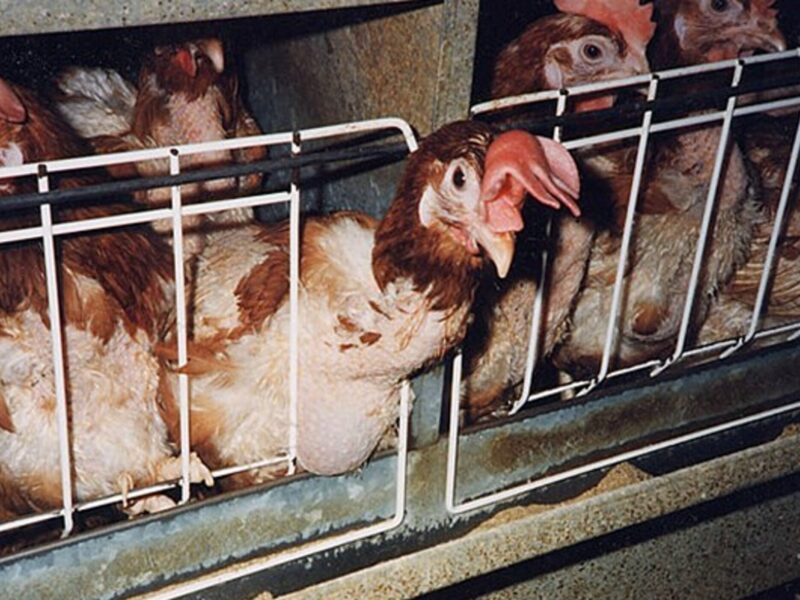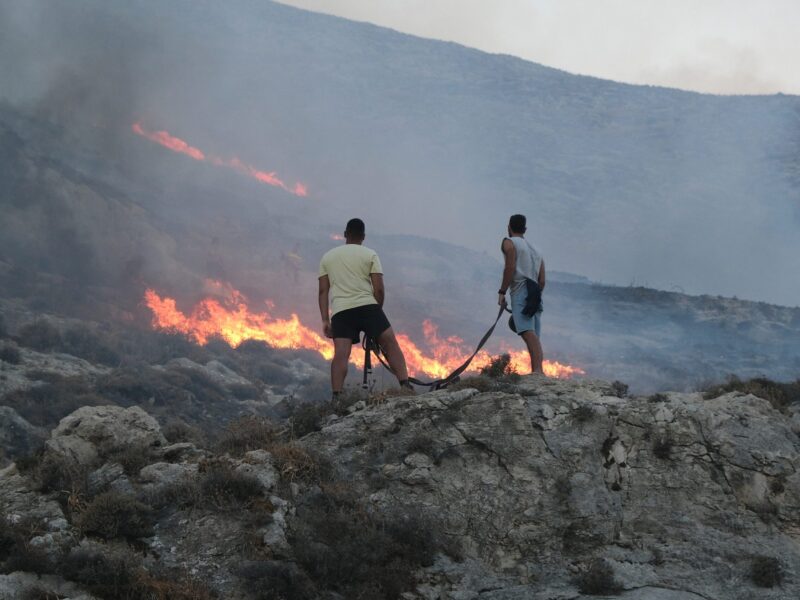
THE NATURE OF HOPE

THE NATURE OF HOPE
Recently, I’ve been thinking a lot about hope.

Fires now burning across tropical rainforests worldwide. Credit: Nasa’s Fire Information for Resource Management System (FIRMS)
In the face of fires devastating the ‘lungs of the Earth’ in the Amazon, for instance, how do we find hope? Just when G7 leaders offer financial aid to help put the fires out, Jair Bolsonaro, the Brazilian President turns it down. It is hard not to feel hopeless. To watch in horror at the childish political ‘bit bat’ going on whilst the fires continue to burn. The Amazon is home to 3 million species of wildlife and 1 million indigenous people.
We can only imagine the destruction.
It got me thinking about the nature of hope; what it is, where it comes from and why we need it?
Back in the UK recently, I was on a ‘Question Time’-style panel in front of a 500-strong audience at the British Birdfair when a journalist from the Sunday Times asked, ‘when it comes to climate change, what evidence is there that gives real reason for hope?’ I was part of a panel that included leading lights, including Chris Packham, Deborah Meaden, Tony Juniper (Chair, Natural England), Isabella Tree from the rewilding estate at Knepp and Carrie Symonds, adviser to Oceana on tackling plastic pollution and the partner of Prime minister, Boris Johnson, who shortly before made her first speech since moving into Downing Street.
One of the panel gamely offered the journalist a reply; essentially saying that we need hope and positivity if we are to motivate people to care and to do something about climate change. I took it from the answer that responses so far to the climate emergency have given little cause for hope.
Reflection
My own reflection is that hope comes from the belief that things can and will change for the better.
Social change, like action on climate chaos or animal cruelty, comes not from hope itself, but from indignation, from anger, from a sense of injustice. After all, I first got involved in animal protection issues, not through a sense of hope that things would work out fine, but out of anger. Anger at humanity’s treatment of animals in the cheap meat industry, on factory farms, in long distance transport, at the slaughterhouse. I remember sleepless nights thinking about the animals’ plight. I recall that burning sensation inside that comes from an intense feeling that things were wrong. Very wrong. And I wanted to put them right. To be part of bringing about a better way. Of ending the cruelty. Of changing things.
Hope, for me, came from finding ways to get involved. Of making my voice heard. I joined a local animal protection group, got stuck in with organisations at a national level like Compassion in World Farming, and started to read around the subject. I saw books as weapons; I would arm myself with the facts and come out fighting for change. Not with my fists, but with my mind. With my heart, my soul, my passion for the subject and any semblance of persuasion I could muster. It wasn’t only animal issues; in those formulative years of my teens, I was also active on issues like nuclear disarmament, pollution and the miners’ strike.
I didn’t want soothing stories about how things weren’t as bad as I feared. How I wasn’t to worry. How it would all be alright. I didn’t want to be patronised.
Realism
I wanted realism. Honesty. Straight-talking. But, most of all, I wanted a way to help things to change. Because hope, to me, came through seeing that I wasn’t the only one who felt like this. That I wasn’t a lone voice in the desert. I wasn’t alone in wanting these issues to be dealt with, rather than just swept under the carpet.
I wanted to join a movement. To be part of something. Perhaps that is what has galvanised my attitude professionally on the importance of building a movement. Enabling people to get involved. To direct their anger, their fears, their sense of indignation, in a way that is entirely constructive. Towards changemakers at political, corporate and community level. In ways that create real change.
For me, hope comes from change or the prospect of change. It starts with belief; in believing that something must and will change. In action. That if they don’t take action to make it change then we will. In never taking ‘no’ for an answer.

Greta Thunberg delivers a talk at TEDxStockholm on ‘The disarming case to act right now on climate change’
As teenage climate activist, Greta Thunberg said in her TED talk with nearly three million views, “And yes, we do need hope, of course we do. But the one thing we need more than hope is action. Once we start to act, hope is everywhere. So, instead of looking for hope, look for action. Then, and only then, hope will come.”
Rebellion
In a world where we have just years to solve climate change, where whole swathes of our food are threatened by the decline of pollinating insects, where wild fish stocks could be gone within a generation and where we have just decades in our soils, hope for hope’s sake isn’t hope enough.
As Extinction Rebellion would say, this isn’t a drill.
Enduring hope can only come through change and a sense that things will change and quickly enough. And that kind of change only comes through action. A kind of change driven by determined leadership or by leaders being pushed by those determined to make change happen. And in pushing together as a movement, comes momentum for change. Which, in turn, creates real cause for hope. And a gathering sense of optimism.
Hope without prospect of real action for change is, well, just false hope. And something that should make us very angry.
To my mind, the most meaningful hope comes from people being able to take action to change things themselves.
We can all act to change things three times a day; food is so important to the wellbeing of our families and to the environment; the food we choose matters a lot. Choosing to eat more plants, less and better meat, milk and eggs, in itself changes things. It can help unlock a healthier diet, reduce damaging demand for cruelly produced products and sends a signal, loud and clear, to the food industry and politics.

President Emmanuel Macron of France Copyright: POOL New/Reuters
The burning of the Amazon is a global issue, fuelled by burgeoning demand for meat and dairy. The UK and Europe import 35 million tonnes of soya alone every year, largely to feed factory farmed animals. As President Emmanuel Macron of France reportedly said a few days ago. “We are partly complicit.”
Realising that our food has a big part to play in such major issues gives us a way of creating our own hope. By making a personal pledge to change our diets, we bring hope rooted in realism, a tangible sense of progress to a better way. It may seem a small thing. But many people doing what they can is the way to big change.
With every passing day, the odds seem to stack up against humanity and the living world.
Whilst there is still time, the question must surely be can we act far and fast enough? Can we motivate enough people to act with their anger, their indignation, their sense of injustice or fear, be it for farm animals, wildlife or the future of their children? To do something, however big or small, to make all the difference? Can we persuade leaders to act or compel them to make it happen anyway?
Let’s hope.
PS: I hope you will join Compassion in bringing about a world without factory farming; with much less and better meat and dairy. One of the biggest things we can all do is help to reduce meat consumption. It is, at once, an action, a solution, a global imperative for humanity. If you haven’t already, please make a personal pledge to eat more plants and less and better meat, milk and eggs





